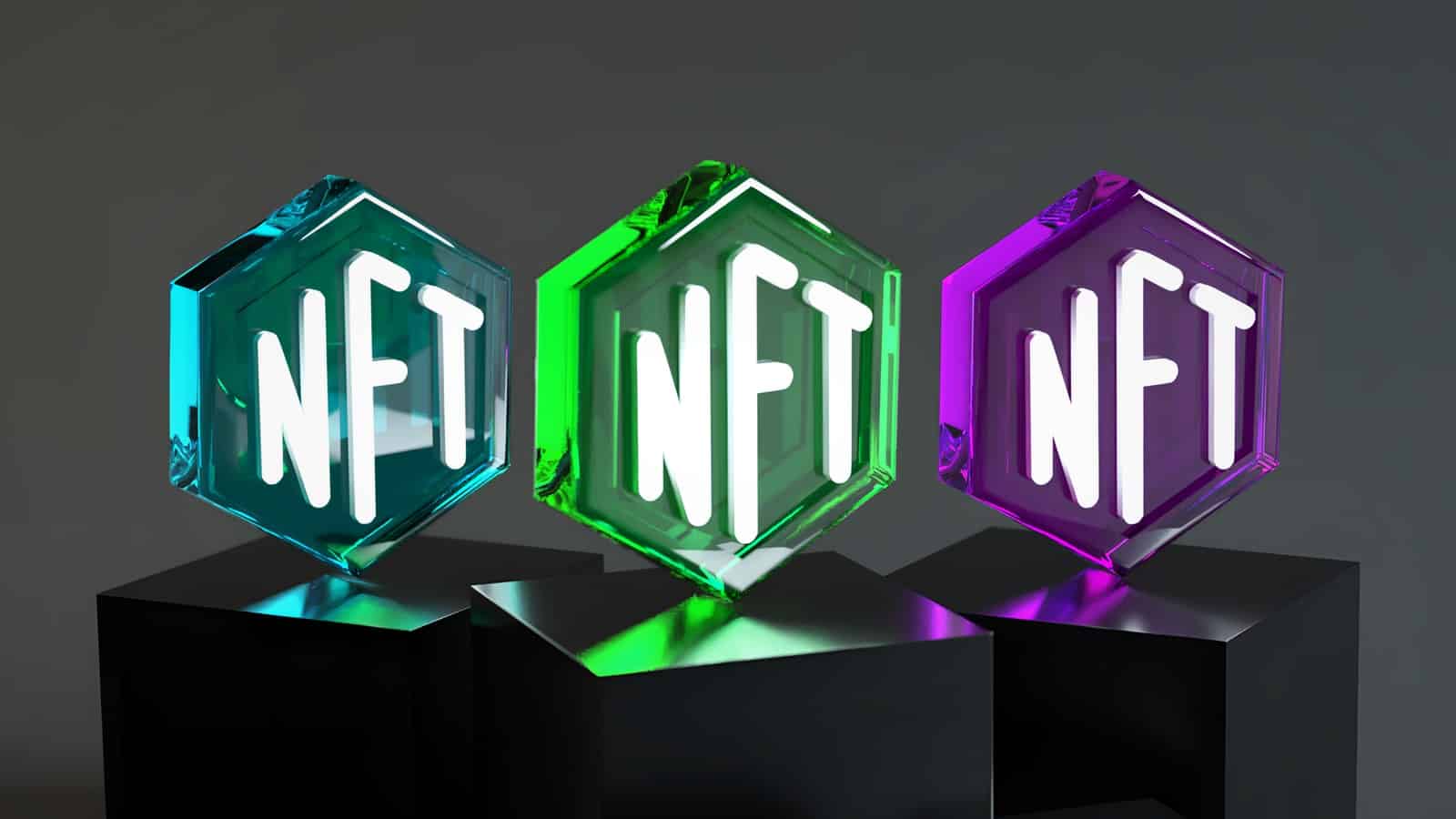
US Government Investigates Possible Imposition of Intellectual Property Rights on NFTs
- The USPTO and USCO are looking into ways to enforce intellectual property rights on NFTs to curb copyright infringement.
The US Patent and Trademark Office (USPTO) and the US Copyright Office (USCO) have jointly launched a study to investigate the impact of non-fungible tokens (NFTs) on intellectual property (IP) rights.
The agencies’ action has been prompted by a letter from two government officials, namely: Vermont Sen. Patrick Leahy, and North Carolina Sen. Thom Tillis. The pair have asked the offices to look into the digital assets, considering their short-termed explosive growth.
NFTs witnessed great hype in 2021, leading to a rise in their total market value and use cases. Celebrity endorsement was the main contributor to NFT recognition and indulgence.
In recent times, many of these collectibles have seen a drop in value owing to the prevailing crypto market downturn. But even then, they remain relevant and in demand. For instance, the Crypto Punk NFT #4464 sold for 2,500 ETH ($2.6M) a couple of hours ago.
US Agencies Investigate IP Rights Application for NFTs
Now, Gordon Allott, CEO of digital assets/currencies regulatory tech firm BroadPeak Partners, says, “Tillis has been out front looking to revise the [Digital Millennium Copyright Act (DMCA)] for quite some time.”
The agencies have now confirmed receipt of the letter, saying they are consulting stakeholders about the topic.
According to Allott, the move places NFTs on Congress’ agenda for the first time. NFTs’ interest among lawmakers is becoming evident worldwide. He sees great importance in such a happening, saying the industry is rife with copyright infrignmement.
“You can DMCA until the cows come home but you’re not going to get your money.”
The agencies will address IP rights for NFT creators, and licensing rights and infringement. They will also look into the ability and rights regarding NFT ownership, and possible future IP challenges of NFTs.
More on the Pros and Cons
Aditi Oberoi Malhotra, founder of NFTartpedia said developing IP rights for NFTs will enable authenticity verification. This will in turn ease identification of “potential unauthorized reproductions or derivative worlds.” A case in point here is that of Logan Paull. The YouTuber was accused of photoshopping Adobe Stock images to his CryptoZoo NFT project.
Poppy Simpson, a senior content manager at innovative licensing firm Meural, is also optimistic about the move. Creating digital scarcity for NFTs will grant “further economic and creative powers to artists and collectors,” he says.
Nevertheless, Malhotra sees a challenge in implementing IP laws on NFTs. Some NFTs allow derivation and commercial use, while some forbid it. Others grant owners exclusive passes to certain privileges.
Les Borsai, co-founder and chief strategy officer at Wave Financial concurred, saying the copyright industry requires added innovation.
“With respect to the broader IP implications of the NFT industry, I view NFTs as an innovative answer to the lack of innovation derived from traditional copyright holders.”
Nonetheless, he says that with time, “lawsuits, studies and regulations” will eliminate blurry lines in the much-demanded NFT regulation.
Like Malhotra, Borsai also takes the development with a pinch of salt. He criticizes the government for being “slow to understand, regulate, and adopt innovative trends.”
“Going after infringement has proved more profitable than innovating.”







